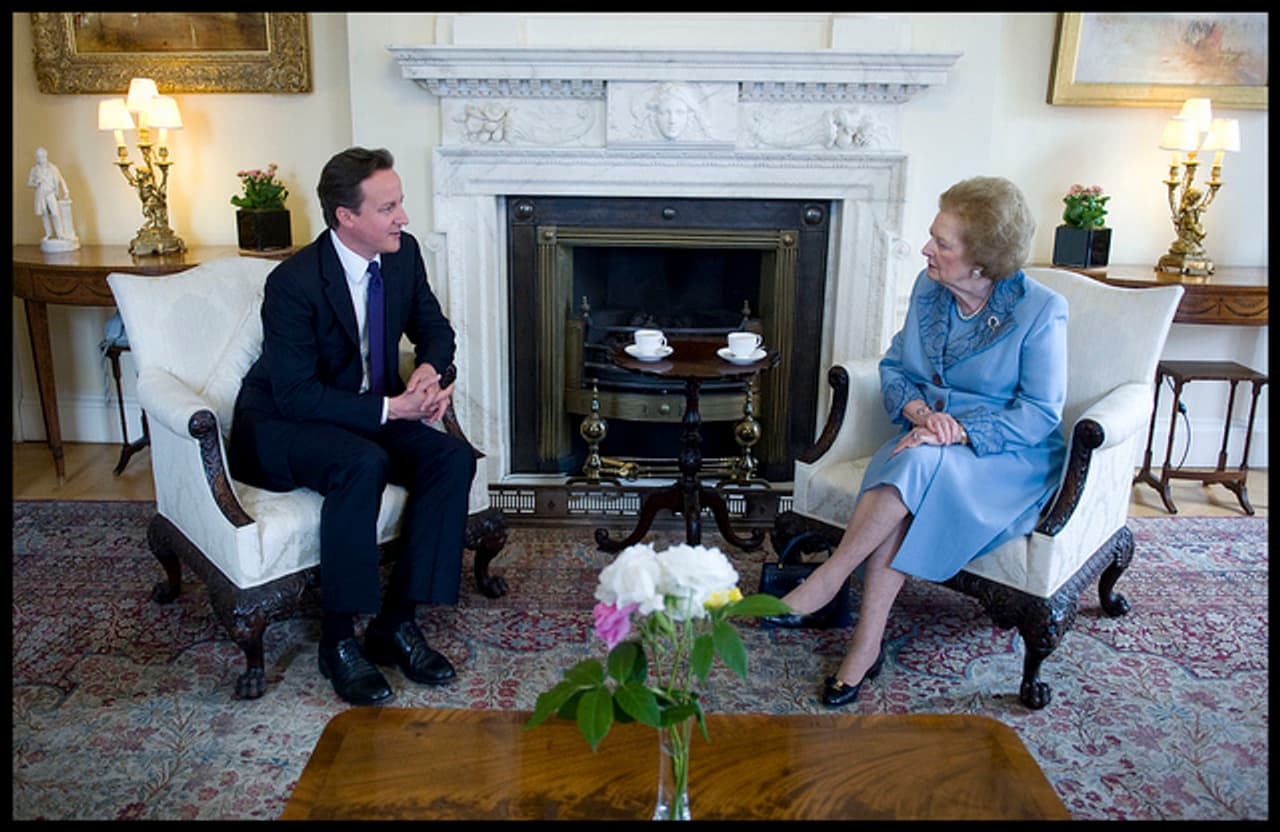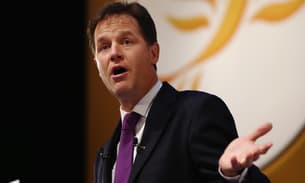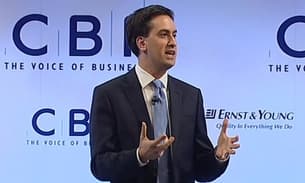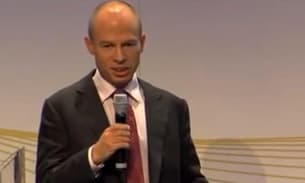
Electoral Commission scrutinises donation to Conservatives following Bureau complaint
The Electoral Commission has agreed to scrutinise a donation connected to a Russian banker to the Conservative Party following a complaint by the Bureau of Investigative Journalism.
The Bureau made the complaint on 8 July after the Party refused to comment on whether Andrei Borodin, a former president of the Bank of Moscow, was behind a £40,000 purchase of a portrait of Margaret Thatcher auctioned at the Party’s 2013 summer fundraiser.
On 28 July the Commission confirmed it had opened a “case review” into the matter. The review is expected to complete within 90 days.
Electoral Commission records suggest that the black and white Thatcher portrait may have been bought by Henley Concierge Ltd, a business registered to a cottage on Borodin’s £120m country estate, Park Place, near Henley-on-Thames.
At the time the company, which was only set up in November 2012 and is currently described on Companies House as “non-trading”, was owned and run by Borodin’s personal assistant and estate manager, Mario Hinterdorfer, an Austrian national.
To be permissible, corporate donors must be genuinely carrying on business in the UK.
Hinterdorfer, who had not previously donated to the Conservatives, is understood to have left Borodin’s employment in October 2013, returning to Austria. At the same time he resigned from Henley Concierge and transferred his shareholding to a new estate manager.
Borodin has confirmed that he attended last year’s party. But he says: ‘I participated in no conversation on policy or party funding issues nor did I make any donation at the event.’
He and Hinterdorfer have not responded to questions about either Henley Concierge or the Thatcher portrait.
Borodin and Hinterdorfer would have needed to be on the electoral roll in the UK in order to be eligible to personally buy the picture, which qualifies as a political donation.
Political party treasurers are required to check the true source of a donation and, in the case of corporate donors, to satisfy themselves that companies are carrying on business in the UK.
Last month the Electoral Commission was heavily criticised by the Parliamentary Ombudsman for failing to make adequate enquiries about a donation made to the Liberal Democrats before confirming that the donation was permissible.
“The size of the donations, the lack of any historical connection between the Party and the donor, the apparent foreign resident status of [the donor] and the fact that [his company] was a start up-company, were all flags to the Commission that it should monitor carefully whether all ‘reasonable steps had been taken … to establish the permissibility of the donor,” the Ombudsman’s report said.
But the Commission failed to seek evidence from the Liberal Democrats that these steps had been taken and then failed to review the situation having received relevant new information, the report added, concluding that the Commission was guilty of maladministration.
Header image of Thatcher and Cameron: a picture of the former Prime Minister is at the centre of a party donor row via Flickr




